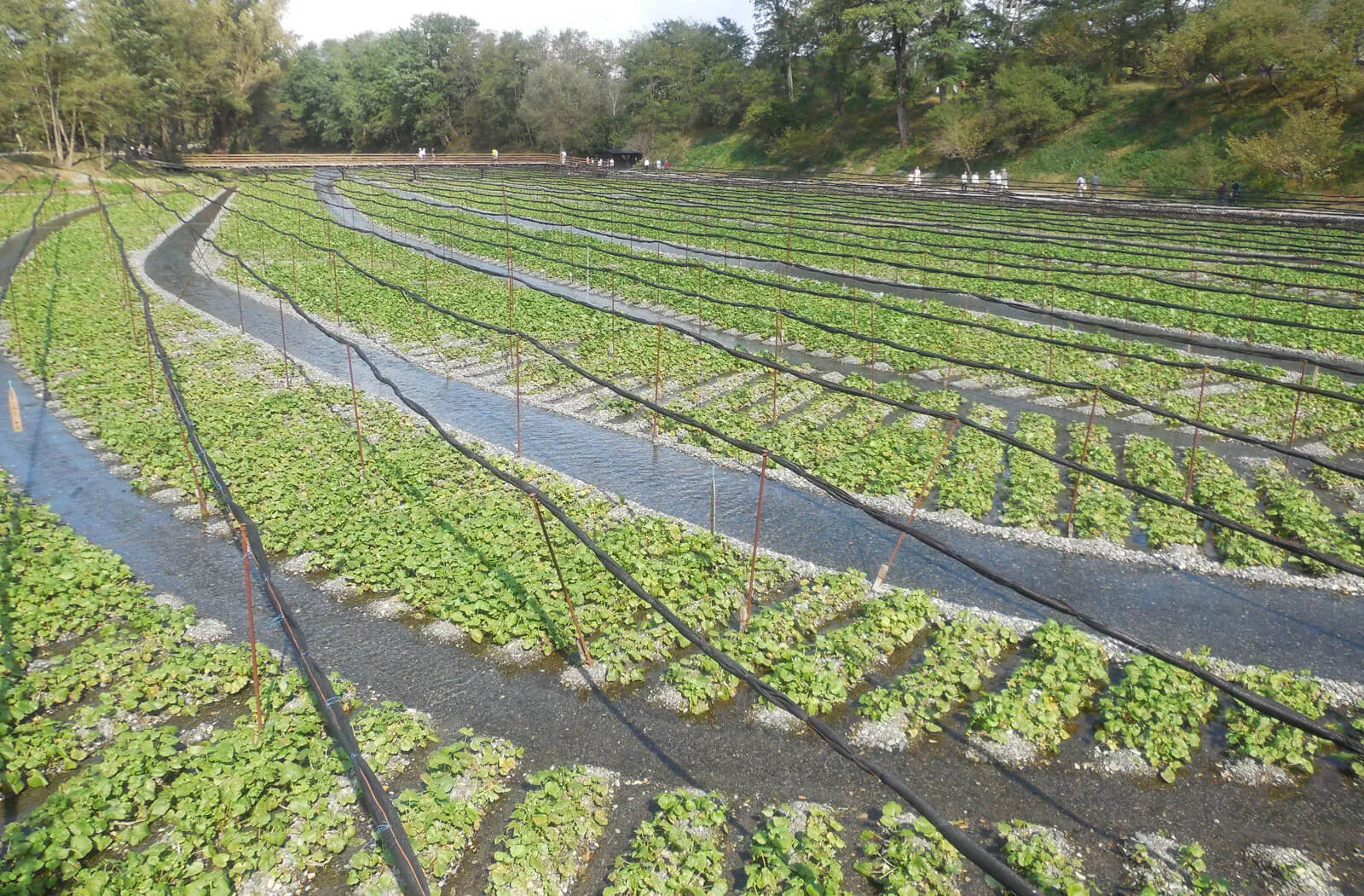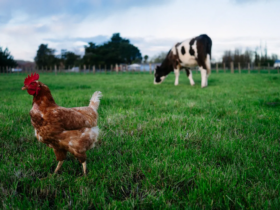United States: Wasabi, the verdant herb employed to enhance the flavor of sushi, purportedly harbors cognitive-boosting attributes, as indicated by recent Japanese scholarly investigations.
The robustness of these discoveries left the researchers in awe, as articulated by the principal investigator, Rui Nouchi, an associate professor at the Institute of Development, Aging, and Cancer at Tohoku University. This astonishment persisted, notwithstanding the fact that the observations were derived from a limited cohort of robust volunteers.
“We were cognizant, owing to prior animal investigations, that wasabi yielded health advantages,” relayed researcher Rui Nouchi to CBS News. “Yet, what genuinely caught us off guard was the marked transformation. The enhancement was genuinely noteworthy.”
These revelations have recently been disseminated in the periodical Nutrients.
What could be the impetus behind the mnemonic augmentation facilitated by Wasabi?
The pivotal constituent in Wasabi is 6-MSITC, an antioxidant and anti-inflammatory molecule discernible only in minuscule quantities within the plant realm, as per Nouchi.

Seventy-two hale participants, aged between 60 and 80, were segregated into two factions for the study. One cohort ingested 100 milligrams (mg) of wasabi extract before retiring, while the other group received a placebo.
Post a triad of lunar cycles, the wasabi group exhibited enhancements in both immediate and enduring memory, gauged through standardized assessments of linguistic proficiency, concentration, and the execution of rudimentary tasks.
Those exposed to Wasabi witnessed their episodic memory scores surge by an average of 18%, as per Nouchi, surpassing the placebo group by an average of 14%.
The researchers postulated that 6-MSITC curtails inflammation and oxidative stress levels in the hippocampus, the cerebral region accountable for memory.
Volunteers subjected to Wasabi displayed “heightened adeptness in connecting faces with names, a common quandary related to memory in the elderly,” as stated by Nouchi.
Nouchi, a specialist in dementia prevention, turned to Wasabi after observing elevated attrition rates with alternative methods of cerebral health preservation, such as the Mediterranean diet, physical activity, and musical therapy. He posited that a daily supplement would be more expedient for the elderly to ingest while proffering greater advantages than other anti-inflammatory spices like ginger and turmeric.
The Tohoku team plans to assess Wasabi across diverse age demographics, exploring its potential in retarding cognitive decline among individuals afflicted with dementia.
Nevertheless, procuring authentic Wasabi at local eateries might prove challenging, as CBS News attested, given that many establishments employ green-dyed white horseradish as a substitute.
Inherent to Japan, Wasabi is renowned for its arduous cultivation. CBS News reported that the plant demands nearly two years to reach maturation and necessitates meticulous cultivation conditions.
Fortuitously, a mere smidgen will parallel the dosage administered in the Japanese inquiry, the researchers appended. The study received financial backing from Wasabi manufacturer Kinjirushi Co., though the researchers affirmed the company played no role in the study itself.












Leave a Reply